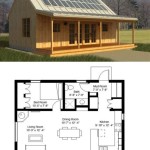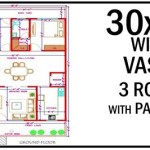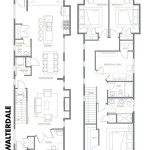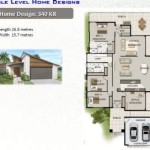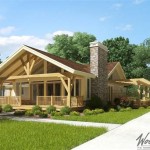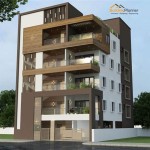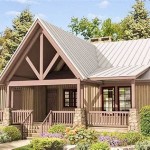Essential Considerations for Alaska Home House Plans
Designing and building a home in Alaska presents unique challenges and opportunities due to its extreme weather conditions and vast landscapes. To ensure a comfortable, energy-efficient, and aesthetically pleasing home, it's crucial to consider the following essential aspects when developing Alaska home house plans:
1. Climate Considerations
Alaska's harsh climate, characterized by long, cold winters and short, mild summers, demands specific design considerations. Homes should be well-insulated to minimize heat loss and energy consumption. Triple-pane windows, tight building envelopes, and proper ventilation systems are essential for maintaining a comfortable indoor environment.
2. Energy Efficiency
Energy efficiency is paramount in Alaska due to high energy costs. Alaska home house plans should prioritize passive and active energy-saving measures. Passive measures include proper insulation, energy-efficient windows and doors, and solar orientation to maximize natural heating and lighting. Active measures involve efficient heating and cooling systems, renewable energy sources (such as solar panels or geothermal heat pumps), and smart home technologies to optimize energy consumption.
3. Floor Plan Functionality
Alaska homes often accommodate multiple generations or have dedicated spaces for hunting, fishing, or other outdoor activities. Floor plans should consider these needs and create functional and comfortable living spaces. Open-concept layouts promote natural light and air circulation, while designated areas for storage, mudrooms, and laundry facilities are essential for managing the rigors of Alaskan life.
4. Building Materials
Due to Alaska's remote location and extreme weather conditions, carefully selecting durable and appropriate building materials is crucial. Log homes, timber-frame constructions, and metal buildings are popular choices for their strength and insulation. Insulated concrete forms (ICFs) and structural insulated panels (SIPs) provide superior thermal performance and energy efficiency.
5. Exterior Design
Alaska's stunning landscapes call for exterior designs that complement the environment. Consider materials and finishes that withstand extreme weather and reflect the region's aesthetics. Sloped roofs, large overhangs, and covered porches protect the home from rain and snow, while natural stone, siding, or wood accents add warmth and character.
6. Site Considerations
The location and orientation of the home play a significant role in its energy efficiency and livability. Alaskan homes benefit from solar orientation to maximize natural light and heat gain. Consider the terrain, elevation, and access to utilities when selecting a building site. Adequate drainage and proper soil preparation are essential for preventing structural problems.
7. Professional Design Services
To ensure a well-designed and functional Alaska home, it's highly recommended to engage the services of a professional architect or designer. They possess the knowledge, experience, and creativity to translate your vision into a home that meets all your requirements and withstands the challenges of Alaska's unique environment.
By carefully considering these essential aspects, you can create a beautiful, energy-efficient, and comfortable home that reflects your Alaskan lifestyle and aspirations.

Alaska Home Plan By Yellowstone Log Homes House Plans Cabin Narrow Lot

View Floor Plan Alaska 1504 Cbh Homes Plans House How To

Alaskan House Plans Cabin Shed Home Archtectural Design Structural Engineering In Alaska

Alaska Rustic Home Plan 073d 0019 Search House Plans And More

Alaska Rustic Home Plan 073d 0019 Search House Plans And More

Alaska Log Home Plan First Floor Plans House Homes

Alaska Rustic Home Plan 073d 0019 Search House Plans And More

Susitna Hangar Home

Alaska Floor Plan 888 Square Feet Cowboy Log Homes

Pin On History

